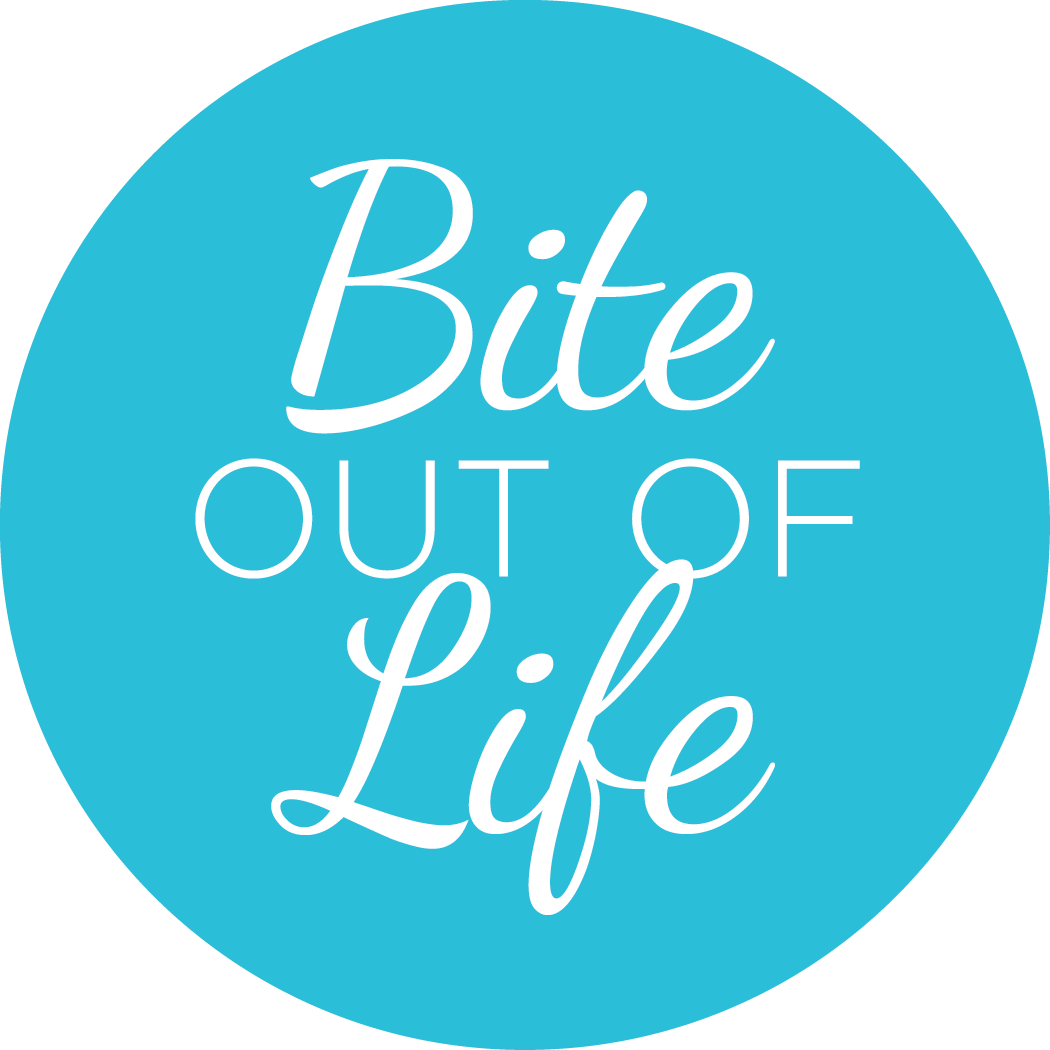In doing some ‘consumer research’ for the Gluten 101 workshop I am teaching this weekend, I have come to understand that most people want rules. Oh we all say we don’t like to be told what to do, but the truth is we are conditioned to want just that.
When people find out I am a holistic nutritionist inevitably they want me to advise them about whether to take up the latest food trend they’ve seen on TV or to validate their choice of giving up meat, going paleo, being wheat-free, eating raw, being a locavore or blah, blah, blah…. Generally, someone they know has tried it and feels ‘amazing’ so they think they should try it too and just want my blessing or for me to give them the ‘rules’ to follow. The prevailing thought is that the search for the BEST diet is like the search for the Holy Grail: find it and wondrous enlightenment (or a thinner waistline, clearer skin, happier tummy) is yours.
It bums folks out when I tell them that unless you have a life-threatening condition that is exacerbated by eating a particular food – like how gluten affects those with celiac disease – then there is no singular playbook that I can point to as the BEST diet.
The real message is that everyone is biochemically unique. You know, ‘one man’s meat is another’s poison’ since we all process, assimilate and eliminate food differently. So there is no ‘one size fits all’, despite what Canada’s Food Guide or all those diet book zealots may have us believe.
That’s a notable difference between a holistic nutritionist and a dietician which is another question I get asked all the time. Those of us in the holistic profession view individuals through a lens that assesses their distinct issues based on a comprehensive view of their lives (diets, lifestyle, emotions etc). We do not isolate the number of calories or servings they take in of a particular food as the sole determinant of appropriate nutrition. Good health is so much more than that.
Dieticians tend to work with “populations”, for example helping diabetics adhere to a diabetic diet based on institutionalized principles (like the government’s Food Guide) which can – and do – include plenty or processed refined and faux foods. They are about following the rules of a ‘proven’ clinical diet, and rarely look at the other factors in someone’s life that might be impacting their outcomes. If you are an adult diabetic, regardless of whether you are a 21 year old man or 59 year old woman, weigh 280lbs or 120lbs, are emotionally balanced or imbalanced, active or sedentary, the ‘rules’ of a diabetic diet are still the same.
I look at my clients like snowflakes – no two are the same even if they share a similar health condition or symptomatology – and therefore my advice is never cookie-cutter. Sure there are healthy principles that guide healing (and they start with no faux foods, ever!), but the rest all depends on you and your biochemical make up, emotions and lifestyle.
The BEST diet is the one that will address your specific health issues and that will give you a joyful and fulfilling relationship with natural whole food. My only ‘rules’ are that you engage, ask questions and be open to a new life of better nutritional health.
